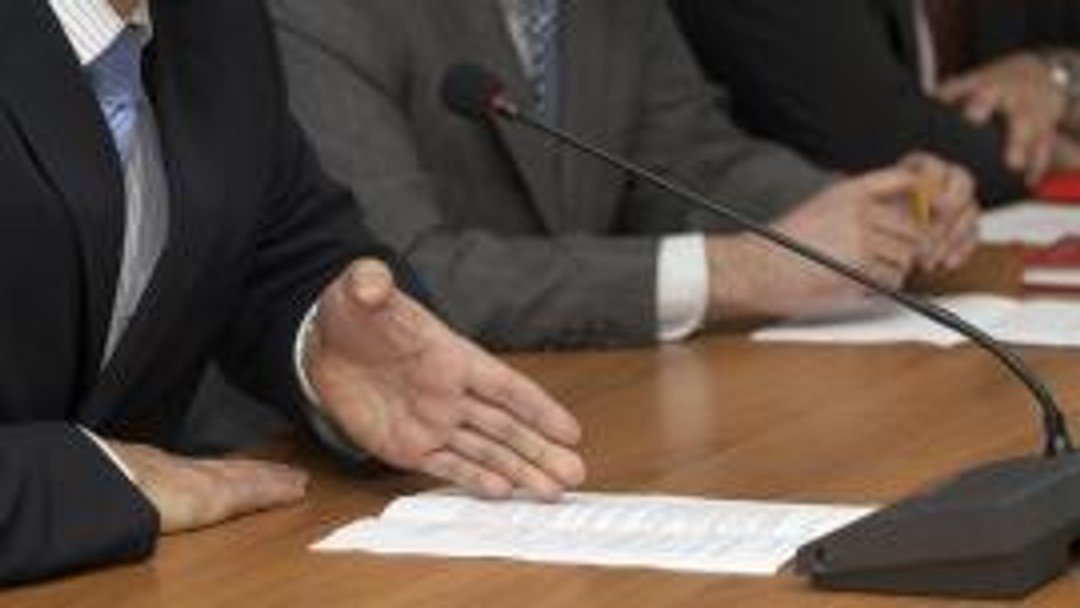Solicitor who overcharged estate by 574 per cent struck off

By Sr Duran-Corretjer Duran-Corretjer
Tribunal lambasts ‘disgraceful' misconduct that led to charity being deprived of bequest
A solicitor who charged the estate of a deceased client 574 per cent more than the agreed 3 per cent has been struck off for dishonesty.
Christopher Greenman took £90,000 out of the estate instead of an estimated £11,125, the Solicitors Disciplinary Tribunal found in SRA v Greenman, a sum which the 49-year-old solicitor knew was “manifestly excessive”.
Greenman earlier explained that the fees were justified because of the complexity of the matter and because he had to be on site at the deceased’s home to attend to damage caused to the property.
Refusing these assertions, the tribunal said “the probate was not complex” and that while Greenman had a duty to protect the assets of the estate, “this duty did not, and could not justify the fees he charged”.
A costs expert originally instructed by the Solicitors Regulation Authority said in evidence that the amount overcharged by Greenman was equivalent to 400 hours, or 57 days. “This was neither reasonable nor proportionate.”
Greenman joined sole practitioner firm Dews Witcomb Solicitors as an assistant solicitor, eventually buying the firm from senior partner Robert Dews in 2007.
Dews had drafted the will for the client in the case, Mrs DMK, and was one of two executors. In evidence to the tribunal, Dews said the 3 per cent fee was “a handsome fee for the sort of firm we were” and that the fee was fixed, and not an estimate”.
By the time Mrs DMK died, Dews had sold the firm but was still working as a salaried partner and asked Greenman to deal with the probate. A year after the sale, he went on compassionate leave to look after his wife and did not return to the firm other than for social occasions with the staff.
He told the tribunal that, having heard of financial difficulties at the firm such that it may not be able to pay for professional indemnity, he took a number of files to another firm, including Mrs DMK’s estate.
According to the ruling, the firm only became aware of the charge taken from the estate when the new firm he had instructed informed him that the estate had been billed £90,000.
In their letter to the SRA, which by then had started an investigation following a report by Dews, the firm said the amount charged by Greenman was nearly nine times more than the agree 3 per cent fee, or approximately 26 per cent of the value of the estate. The fee had also been collected from the estate “with no invoices being rendered to our client and no evidence provided that work of that value had actually been undertaken”.
Greenman, who denied the allegation of excessive costs, said Dews had been fully aware of the costs and accused him of removing several client files without authority. He claimed “a great deal of paperwork, files, and sensitive information was discarded”, including perhaps, he appeared to suggest, parts of the DMK estate file.
The tribunal found Greenman’s conduct was “improper and in breach of his duties” and that he had diminished the public’s trust in the profession. “It was plain that in acting in the way he did, the respondent had failed to act with integrity,” the SDT ruled.
The tribunal further found that Greenman had failed to inform Dews about the charge and was in breach of the solicitors accounts rules.
Striking off the solicitor for dishonesty, the tribunal said Greenman “was fully aware of what he was doing. He knew the bills had not been sent out, and he knew that his charges were not justifiable and were manifestly excessive”.
The SDT found no mitigating circumstances. “His conduct was a considerable departure from the standards expected of solicitors and he had caused considerable harm to the profession.” Greenman’s action also deprived a residual beneficiary, a charity, of a bequest: “it was disgraceful,” the tribunal said. “Misconduct did not get much worse than that.”
Greenman, who did not attend the hearing and was not represented, was also ordered to pay £10,000 in costs.
Jean-Yves Gilg, editor-in-chief
jean-yves.gilg@solicitorsjournal.co.uk